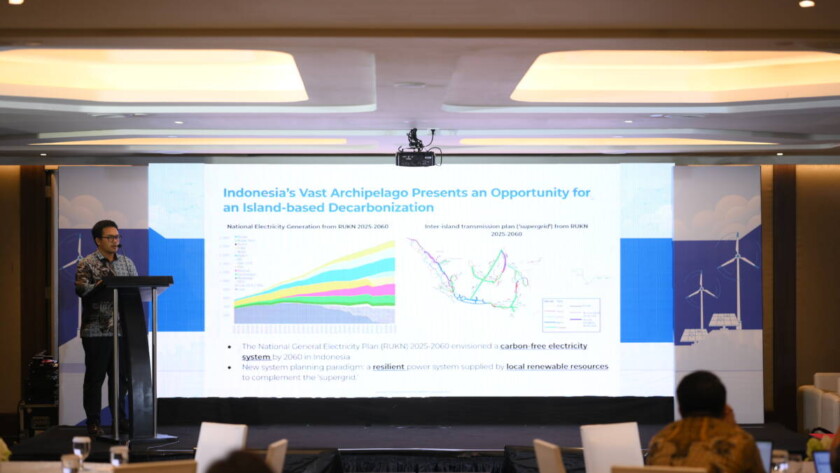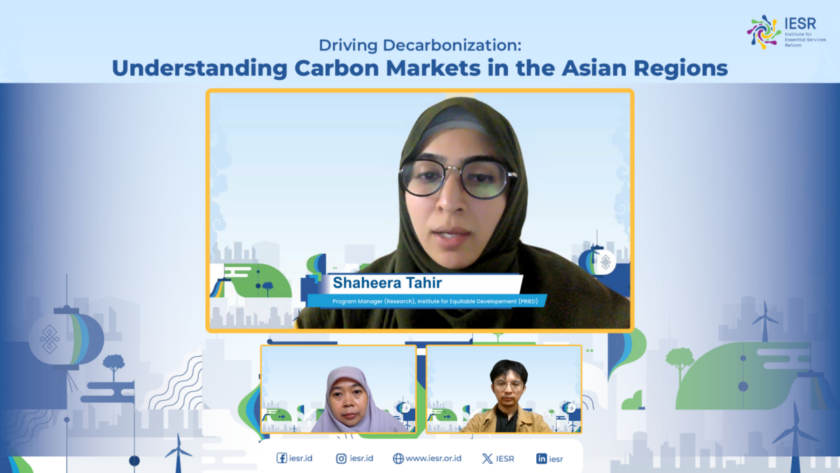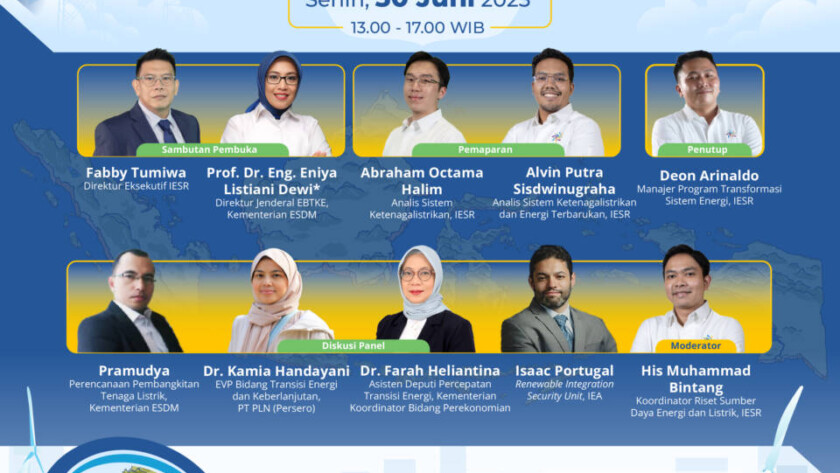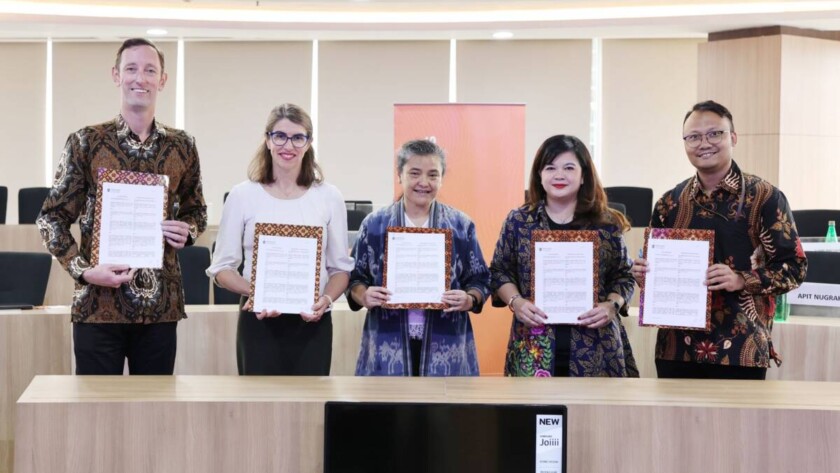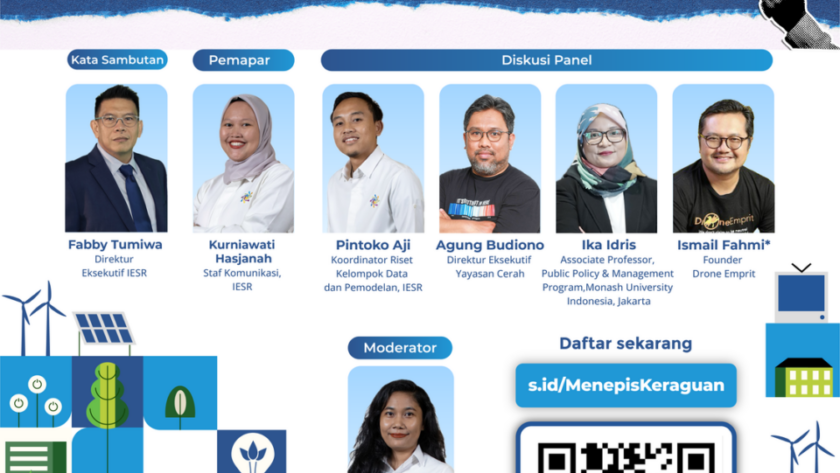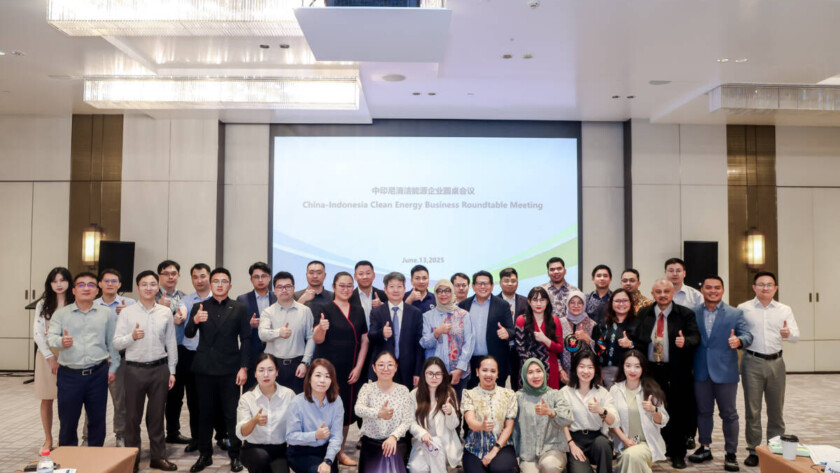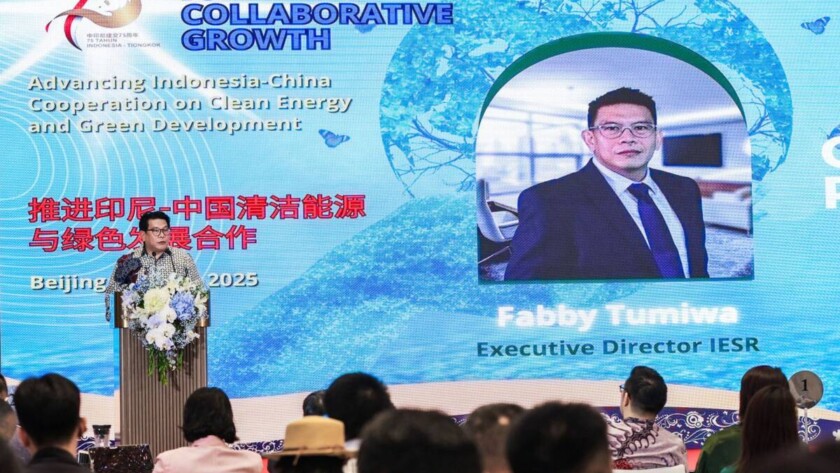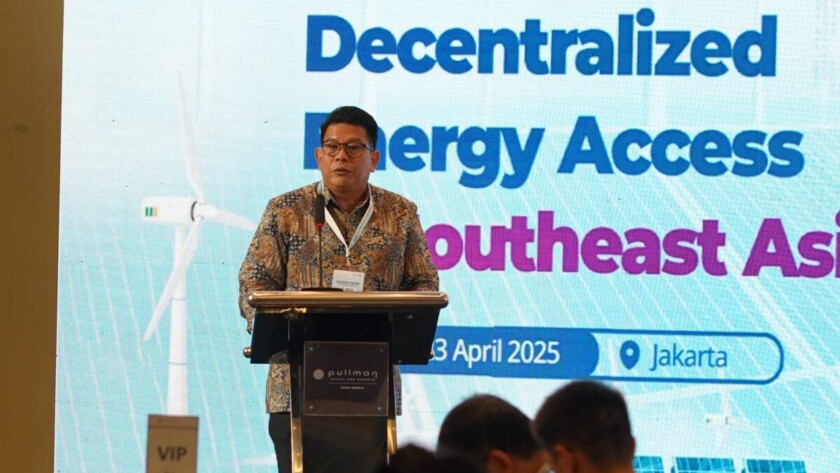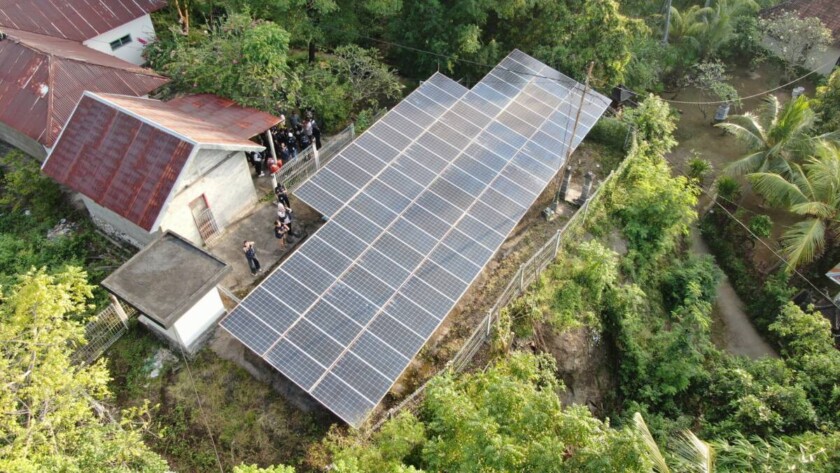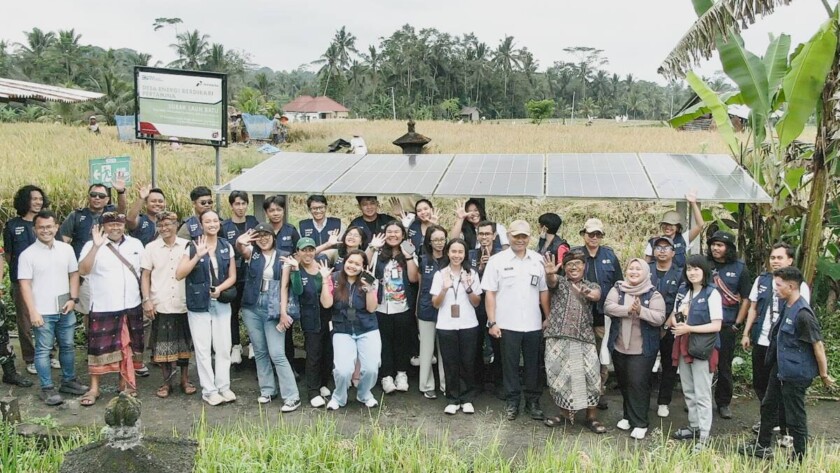Jakarta, June 30, 2025 - PLN's 2025-2034 Electricity Supply Business Plan (RUPTL) has set a target of adding 42.6 GW of renewable energy capacity and 10.3 energy storage systems. Along with the increase in renewable energy capacity, it is necessary to develop a transmission network that is able to accommodate and operate the energy system…
